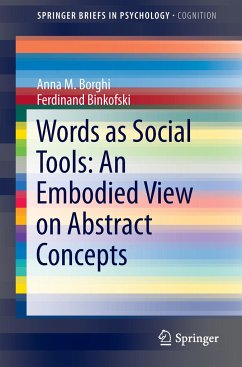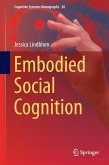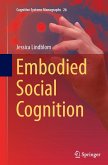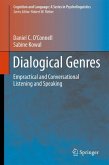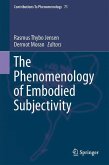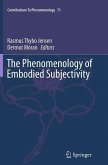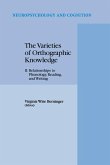How are abstract concepts and words represented in the brain? That is the central question addressed by the authors of " Words as Social Tools: An Embodied View on Abstract Concepts ". First, they focus on the difficulties in defining what abstract concepts and words are, and what they mean in psycholinguistic research. Then the authors go on to describe and critically discuss the main theories on this topic with a special emphasis on the different embodied and grounded theories proposed in cognitive psychology within the last ten years, highlighting the advantages and limitations of each of these theories. The core of this Brief consists of the presentation of a new theory developed by the authors, the WAT (Words As social Tools) view, according to which both sensorimotor (such as perception, action, emotional experiences) and linguistic experiences are at the basis of abstract concepts and of abstract word representation, processing and use. This theory assigns a major role to acquisition: one of the assumptions the authors make is that the different ways in which concrete and abstract words are acquired constrain their brain representation and their use. This view will be compared with the main existing theories on abstractness, from the theory of conceptual metaphors to the theories on multiple representation. Finally, the volume illustrates recent evidence from different areas (developmental, behavioral, cross-cultural, neuropsychological and neural) which converge with and support the authors' theory, leading to the conclusion that in order to account for representation and processing of abstract concepts and words, an extension of embodied and grounded theories is necessary.
Bitte wählen Sie Ihr Anliegen aus.
Rechnungen
Retourenschein anfordern
Bestellstatus
Storno

